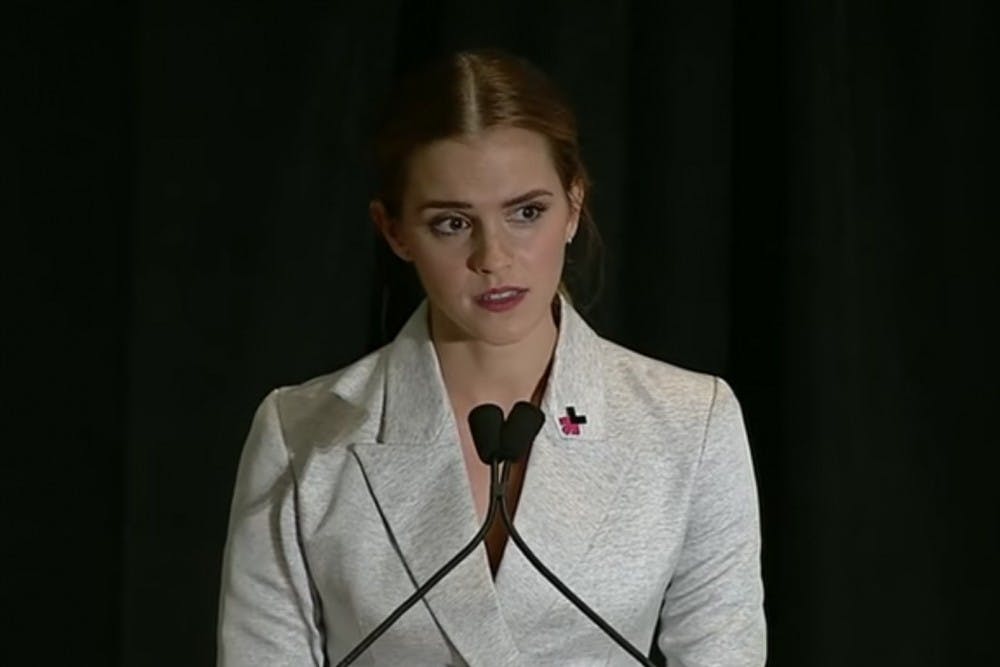“White feminism” is one of those modern buzzwords that millennial scum like me like to toss around that gets a whole lot of people angry.
"White feminist" isn't meant to describe all gender equality activists who happen to be white, but rather to describe feminists who fail to address intersectionality of race and gender.
When the faces of popular feminism tend to be white women like Taylor Swift, Emma Watson and Tina Fey and the issues being discussed mostly apply to white women. That definitely merits a reason to be angry.
I'm not trying to wag my finger at people who have sentiments common in popular feminism. It's a complex discussion that people of all races need to address. Modern feminism isn't perfect yet and that's alright, it's part of the process of trying to be better.
It’s never fun to attack a movement that I, for the most part, support and really appears to only have the best intentions — Equality? Of course. Dismantling the patriarchy? Right on — but when there are shortcomings that need to be addressed, I can’t just shrug my shoulders and accept that a movement with all of these flaws is the best modern feminism can do.
It’s hard enough to get a whitewashed feminist movement palatable enough for society to swallow down — there are still people out there who think they don't need feminism, and every day misogyny is still prevalent. Within the movement of mainstream feminism, the problems of women who aren’t white, non-cis or non-straight are ignored. It focuses on the assumption that all women are equally oppressed.
Popular feminism broadly defines what oppression is for all women. A muslim woman who feels empowered wearing an abaya or hijab would be seen as "oppressed" by mainstream feminists, which feeds into the "white savior complex" and ignores the long history of Islamic Feminism.

One of main talking points by a lot of these popular feminists and 2016 presidential hopefuls like Hilary Clinton is the gender wage gap, which according to a 2013 study by the Institute for Women’s Policy Research will not close until 2058. That fact is a disappointment in itself, but doesn’t address the wage gap between white women and women of color.
In fact, the median weekly earnings of white women in a management or financial operation occupation position are $1,100 while $940 for Black women and $851 for Hispanic women, according to a 2014 study by IWPR.
It's a fact that I am a feminist who happens to be white, but I strive to not be a "white feminist." I’m not even close to declaring myself intersectional, and I wouldn't consider myself enlightened because I still have a lot to learn.
Related Links:
Reach the columnist at kgrega@asu.edu or follow @KelcieGrega on Twitter.
Editor’s note: The opinions presented in this column are the author’s and do not imply any endorsement from The State Press or its editors.
Want to join the conversation? Send an email to opiniondesk.statepress@gmail.com. Keep letters under 300 words and be sure to include your university affiliation. Anonymity will not be granted.
Like The State Press on Facebook and follow @statepress on Twitter.




